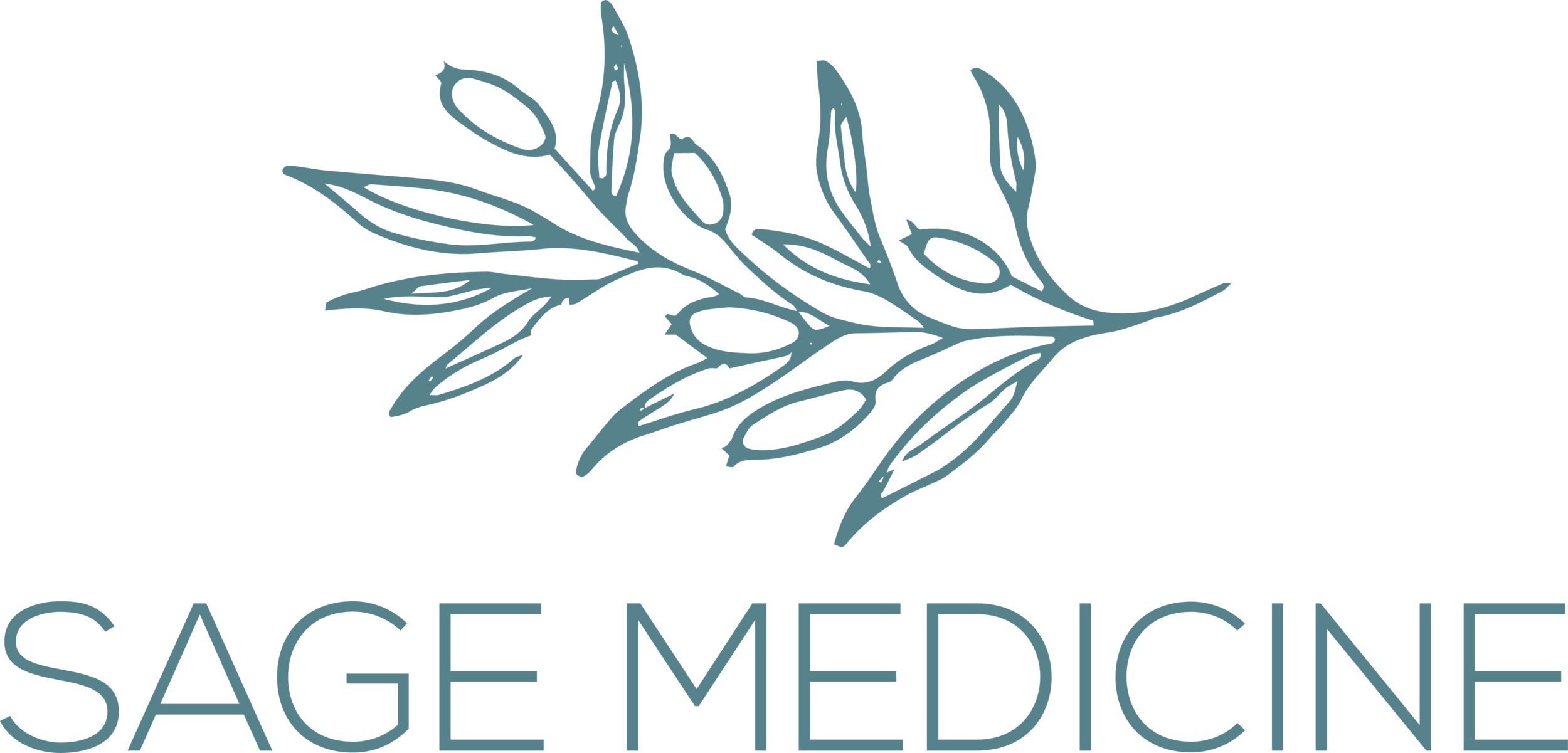Stressed? Exhausted?
Living in urban society in 2021, there is not a day that goes by that we don’t face some sort of “stress” whether it be physical stress during a HIIT class, mental stress when I’m trying to organise a dinner party for my fussy eater friends or emotional stress as I drive in peak-hour traffic to school.
Stress is biomedically defined as “any demand placed on the body to adjust or respond”. If we don’t have healthy ways of dealing with stressors the physiological responses triggered by everyday events like a disagreement with your colleague can lead to long-term organ damage, fatigue and chronic illnesses like diabetes.
In 1935 Hans Selye subjected a group of rats to a variety of stressors and found that regardless of the type of stress they were exposed to, each rat eventually developed the same symptoms. Current theories of stress are based on the 3 Phases Seyle observed:
Alarm, Resistance and Exhaustion.
Alarm Phase
Our bodies immediate reaction to a trigger such as running late for a meeting is a typical “fight or flight” response. Noradrenaline and adrenaline are released, your heart rate, breathing and blood pressure rise whilst your body converts stored energy into glucose, so you have extra fuel to “fight that tiger!”
During the alarm phase, any bodily activities that involve digestion, relaxation and sleep are “switched off” because they are deemed unimportant when facing a threat. This presents a problem if constant “stressors” cause your body to be stuck in this phase.
At the same time, your adrenal cortex releases large amounts of cortisol which has a slower and more prolonged stimulatory effect than adrenaline. The cortisol triggers an increase in glucose like adrenaline, but this glucose is produced by breaking down protein and fat in the body (not good) which causes temporary insulin resistance (even worse!) Heightened circulating cortisol also suppresses your immune system and reproductive hormone production because they are not important if you are fighting a tiger!
Once again, switching off certain systems in the body like reproductive hormones or immune protection becomes a problem when the body gets stuck in the Alarm Phase.
Think this is you?
I can work holistically with you to address the underlying stressors, build healthy stress management strategies and support your body with nutrition.
Resistance or Adaptation Phase
Think of this as a recalibration stage, once the initial stressor has gone your body returns to a new normal. For example, if your stress was triggered by something at work like an important financial report, once the report has been finalised and the deadline is met your body can take a deep breath and can relax.
After the urgency of “fight or flight” your body is able to lower the rate at which it is pumping out adrenaline and cortisol, so a new equilibrium is reached.
However, if the intensity or the repetition of the stress is too much on your body its ability to return to “normal” gets compromised.
Exhaustion Phase
Eventually, prolonged stress results in physiological fatigue, your body can no longer adapt and the risk of significant illnesses like diabetes and thyroid dysfunction, osteoporosis and cardiovascular disease increase dramatically.
In this phase I often see clients reaching for sugary foods and stimulants to keep themselves going. This is because their cortisol and adrenaline production have burnt-out, and their body is no longer able to respond to stress triggers due to overstimulation. An absence of adrenaline and cortisol compromises glucose production for energy and thus the sugar cravings set in!
Anxiety, sleep disturbances and depression are also common in the Exhaustion Phase, along with significant inflammation and debilitating fatigue.
Is this you?
I can work holistically with you to gently modify your lifestyle, teach you healthy stress management techniques and use nutritional supplements to replenish the pathways in your body responsible for making neurotransmitters like adrenaline and cortisol.
I also have extensive knowledge of herbal medicines that are scientifically proven to:
Support your body’s activation of cortisol during the Exhaustion Phase providing you with more energy.
Enhance your body’s ability to adapt to mental or physical stressors.
Increase endurance and stamina by supporting your body’s neuroendocrine and immune system.
Let’s Get Started
Sources
Borrow, A. P., Heck, A. L., Miller, A. M., Sheng, J. A., Stover, S. A., Daniels, R. M., Bales, N. J., Fleury, T. K., & Handa, R. J. (2019). Chronic variable stress alters hypothalamic-pituitary-adrenal axis function in the female mouse. Physiology & Behavior, 209(July), 112613. https://doi.org/10.1016/j.physbeh.2019.112613
Joseph, J. J., & Golden, S. H. (2017). Cortisol dysregulation: The bidirectional link between stress, depression, and type 2 diabetes mellitus. Ann N Y Acad Sci, 20–34. https://doi.org/10.1016/j.physbeh.2017.03.040
Lo Martire, V., Caruso, D., Palagini, L., Zoccoli, G., & Bastianini, S. (2019). Stress & sleep: A relationship lasting a lifetime. Neuroscience & Biobehavioral Reviews, July. https://doi.org/10.1016/j.neubiorev.2019.08.024
Selye, H. (1974). Stress without distress. McClelland and Stewart. https://catalogue.nla.gov.au/Record/1605147

